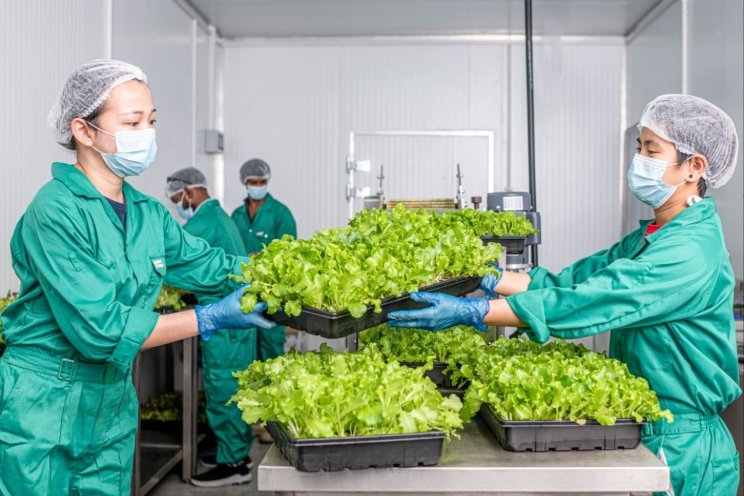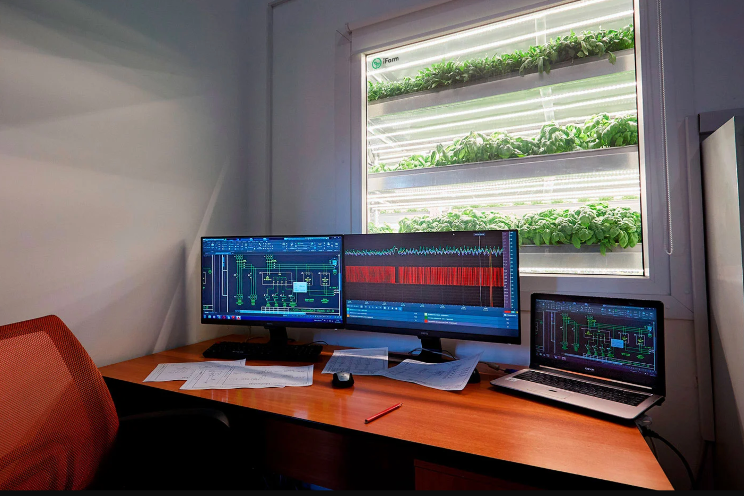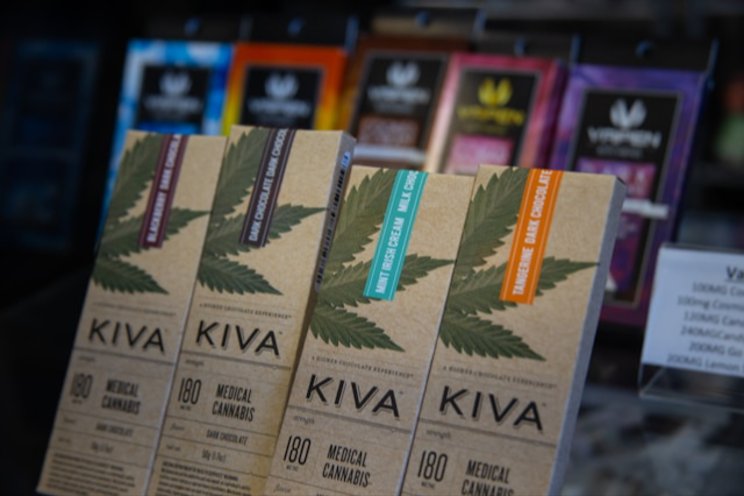Cannabis microbusiness: Opportunity in a crowded market?
Added on 02 February 2022

Many people associate the cannabis microbusiness model with social equity initiatives, as the license comes with lower start-up costs, reduced entry fees, and often, priority license application review. Some liken cannabis microbusinesses to craft breweries; they're a way for the smaller-scale entrepreneur to enter and compete with bigger players.
What do cannabis microbusinesses look like in the U.S? Which states permit them, and which do not? Read on to learn more about the cannabis microbusiness model.
What is a Cannabis Microbusiness?
Each state that allows them defines cannabis microbusiness a little differently. Let's look at New Jersey. Here are the license guidelines from the Garden State, according to Marijuana Venture:
Under the state regulations and statute, microbusinesses are defined both by their physical size and number of employees. A microbusiness can have up to 10 employees and is limited to 2,500 square feet and either 1,000 mature plants or 1,000 pounds of cannabis product per month, depending on the class of cannabis license they possess. Cultivator microbusinesses are further limited to 24 feet of canopy height.
According to JDSupra, New Jersey microbusinesses can be cultivators, manufacturers, retailers, distributors, and delivery services. The article states:
In order to promote small business ownership in the New Jersey cannabis industry, the number of microbusiness licenses available will not be limited by the commission and microbusiness applications will be prioritized over other cannabis business applications during the licensing process. Additionally, microbusinesses will pay 50% of the license fee for their class.
Which States Allow Cannabis Microbusinesses?
Only a few U.S. states currently permit cannabis microbusinesses. According to MJBizDaily, just California, Massachusetts, and Michigan have actually enacted a microbusiness model. Other states with upcoming legal recreational markets allow microbusinesses, but they're haven't issued licenses yet. These states include Connecticut, Illinois, New Mexico, New Jersey, New York, Vermont, and Virginia.
It's noteworthy that Cannabiz Media reports California is by far the leader in cannabis microbusinesses, having issued more than 300 microbusiness licenses over the years.
What About the Rest?
You may ask, "Why don't more states with legal cannabis programs offer microbusiness licenses?" The simple answer is that the model is a fairly new concept. For many states, the logistics of negotiating and implementing a new cannabis license type is more trouble than it's worth.
In addition, two other factors are at play. First, while the political climate is shifting in favor of social equity, some conservative states ignore or fight the trend. Second, some industry stakeholders perceive microbusinesses as a challenge to big cannabis, particularly large-scale multi-state operators (MSOs), as the license type traditionally includes residency requirements, reducing the number of available licenses for out-of-state operators.
Local Rising in Popularity
Whether or not the MSOs like it, a large percentage of the public supports buy-local initiatives. Setting aside a percentage or number of cannabis licenses for in-state residents keeps money local, supporting communities and encouraging participation of community members living in areas hard hit by the war on drugs.
Click here to read more.
Photo by CRYSTALWEED cannabis on Unsplash
Source: Greenhouse Grower
More news















